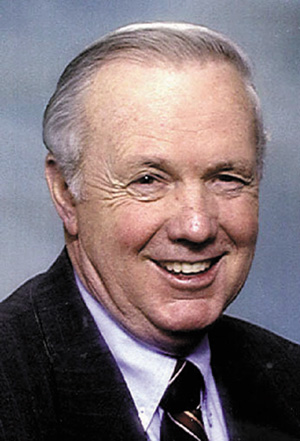No. 1014 - CHANGE IS ALWAYS PAINFUL!
No. 1014
Jim Davidson -- NEWSPAPER COLUMN
The Next Password is Kale
CHANGE IS ALWAYS PAINFUL!
Charles Kettering, known as the grand old man of General Motors, once said, “Change is the only thing that has brought progress.” I might add that change is always painful, at least for some people, because it means they have to move from their comfortable positions to face the unknown.
While I don’t believe in change just for change sake, I do believe if it makes life better and produces a more hopeful future, then let it begin. There is no area of our society where change is more important than education, because it impacts every single person in our nation in one way or another.
If you would like to see improvement, and even change, in the public schools where you live, I have something to share today that will definitely be of interest to you. I have just finished reading a fantastic book titled, “Lessons of Hope: How to Fix our Schools,” by Joel Klein. Early in his career, Joel Klein served as assistant attorney general in charge of the Antitrust Division of the U.S. Department of Justice, deputy White House counsel during the Clinton administration. In 2002, New York City’s newly elected mayor Michael Bloomberg made a historic announcement: his administration had won control of the city’s school system in a first step in reversing its awful performance.
In a controversial move, Mayor Bloomberg appointed Joel Klein, an accomplished lawyer from outside the education establishment, to lead an ambitious campaign. This book is about an eight-year mission of improvement: demanding accountability, eliminating political favoritism, and battling a powerful teachers union that seemed determined to protect a status quo that didn’t work for kids. New York City has the largest urban public school system in the nation, with more than a million students, so they definitely had their work cut out for them. From 2002 to 2011, the various forces – the teachers union, the administration, politicians, many parents -- that had a vested interest fought tooth and toenail to bring about much-needed change.
The bottom line is that during this period of time New York City public schools went from the worst to one of the best in the nation, and a model for many other large city school systems to emulate. Here is what Microsoft founder Bill Gates had to say about this book: “Joel Klein delivers an eye-opening account of the challenges he faced trying to improve New York’s schools. Lessons of Hope: a bracing reminder of the need to transform America’s schools so we can deliver on the promise of a great education for everyone. The stakes have never been higher.”
While it is impossible to go into much detail in a short column like this, I felt it might be helpful to give you the titles for the various chapters: Before; Everybody Deserves a Good Education; No One Knows Anything; A System of Great Schools; Children First; Dollars and Sense; The Zombie Bureaucracy; A Deal Worth Fighting For; Making Leaders; Overcoming the Fear Factor; Relentless; Change That Endures; Choosing Hope; Postscript.
The one thing that I took away from the book is that public education works much the same as private enterprise: The consumer (in this case, students and parents) does better when they have a choice as to where students attend. People want the best -- it is just human nature. Charter schools were very instrumental in the improvement of the New York City schools. I highly recommend this book.
---
(Editor’s Note: THE DEAL OF THE CENTURY – Begin your day on a positive note – 365 days for $12. This will benefit the Bookcase for Every Child project. Go to www.apositivemomentwithjim.com to subscribe.)
The next password is Kale
